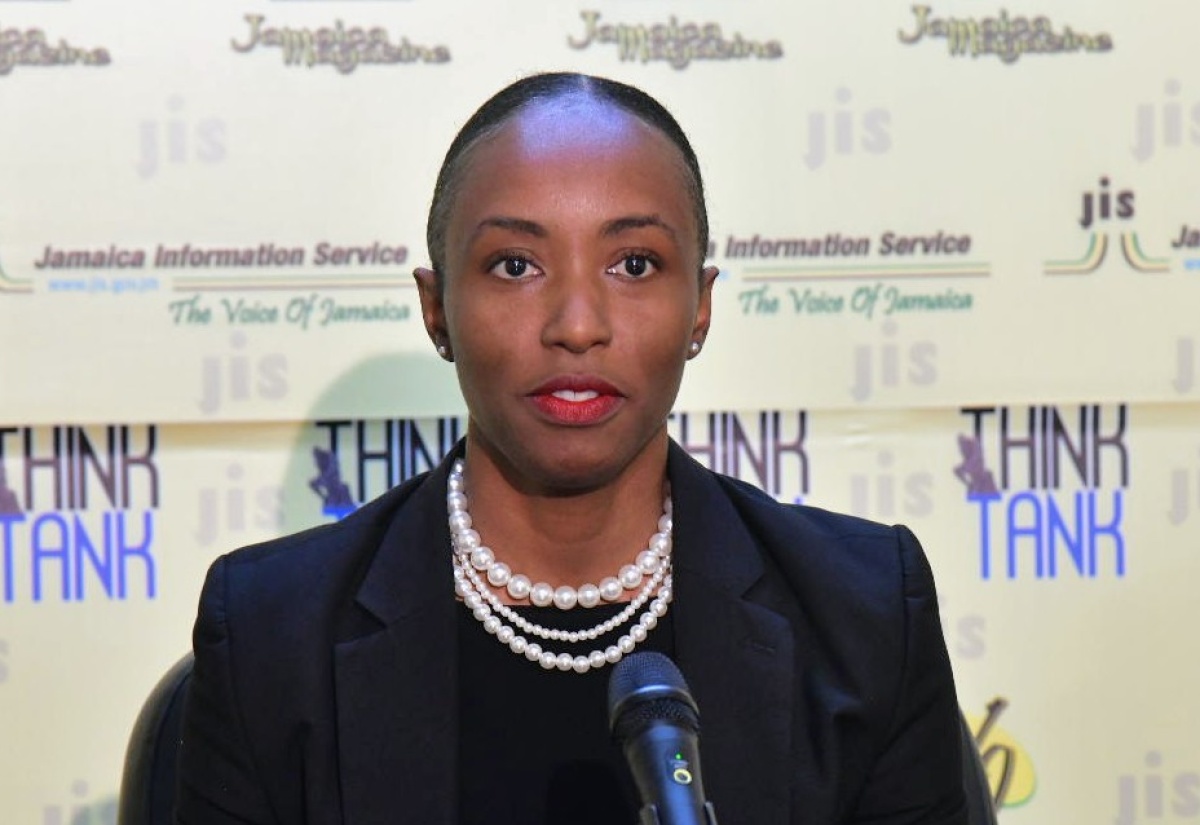Mentorship Pivotal to the National Child Diversion Programme
By: , February 11, 2025The Full Story
The National Child Diversion Programme aims to redirect children having run-ins with the law onto a better path.
To achieve this, children, aged 12 to 17 who are referred, must participate in a mentorship programme.
This sees them being paired with adults, deemed capable of positively impacting their behaviour, who act as their mentors.
The national programme is spearheaded by the Child Diversion Branch in the Ministry of Justice’s Social Justice Division.
Director of the Branch, Venisa Clarke, tells JIS News that the mentorship intervention is critical, noting that many of the children who are referred do not have positive influences in their lives.
“Some of these children do not have the role models that we want them to have, so you can expose them to other ways of thinking. Children learn by mimicking, and they want to be able to see some of these things in action; that is how a mentor comes into play. [We want to] provide a positive role model and show these children different ways of resolving conflicts, behaving, things such as money management, anger management and different things about development… we want to be able to expose them to that,” she points out.
Child diversion mentors are drawn from various segments of the society and are usually persons equipped with wide-ranging skills and competences that meet the diverse needs of the programme’s children.
“We assign according to their needs. So, for example, a mentor can be a coach of a high school team or an attorney. Whatever they are, we provide training for those mentors so they don’t go into the process blindly, [but will] understand who they’ll be interacting with, what the programme is about and the expectations of them,” Ms. Clarke explains.
The process to become a child diversion mentor entails, among other things, completing the application form available on the Ministry’s website — www.moj.gov.jm – or at any of the 14 parish offices.
“Once they submit the application to us, we start the preliminary vetting. We do an interview with our child diversion officers and our committee members to get an understanding of who you are and what you do. Once we decide that [a candidate] is suited for the programme, we then conduct the vetting of these persons to ensure… they are upstanding citizens,” the Director outlines.
Once selected, mentors receive training to equip them with the requisite skills for interacting with children.
Ms. Clarke says this is intended, “to help them to understand child development, behaviours to expect and trauma, because a lot of young people experience early childhood trauma and, because of that, they behave a certain way”.
“The training will… get into psychological aspects; we talk about the sociological aspects, crime and violence and how that affects our children. Then we talk about expectations [such as] guiding vs preaching, proper documentation when they engage, how to engage with this child and ‘dos and don’ts’, so they’re well equipped to interact with our children,” Ms. Clarke shares.
The Director maintains that “we want them to understand that not every [negative] behaviour means that a child is ‘bad’.”
Ms. Clarke says the mentorship programme also serves as a catalyst that spurs positive citizen involvement and support, noting that many mentors volunteer to serve in their communities.
“We conduct sensitisations across the island, so community members can be aware of child diversion. We also have a good relationship with our Justices of the Peace, so they can share the information about child diversion,” she adds.
Parents with children in the child diversion programme can also directly receive support through mentorship.
“Let’s say, for example, something is happening in school, you don’t have to go [alone] as the parent; you can invite the mentor to come and understand what is happening. For some children, they will respond better to a male figure, so maybe having a male mentor might make a difference,” the Director states.
The Child Diversion Branch is always looking for new persons to boost its complement of mentors.
Jamaicans over 18 years who wish to be mentors can access the application form on the Ministry’s website or at any parish office.




